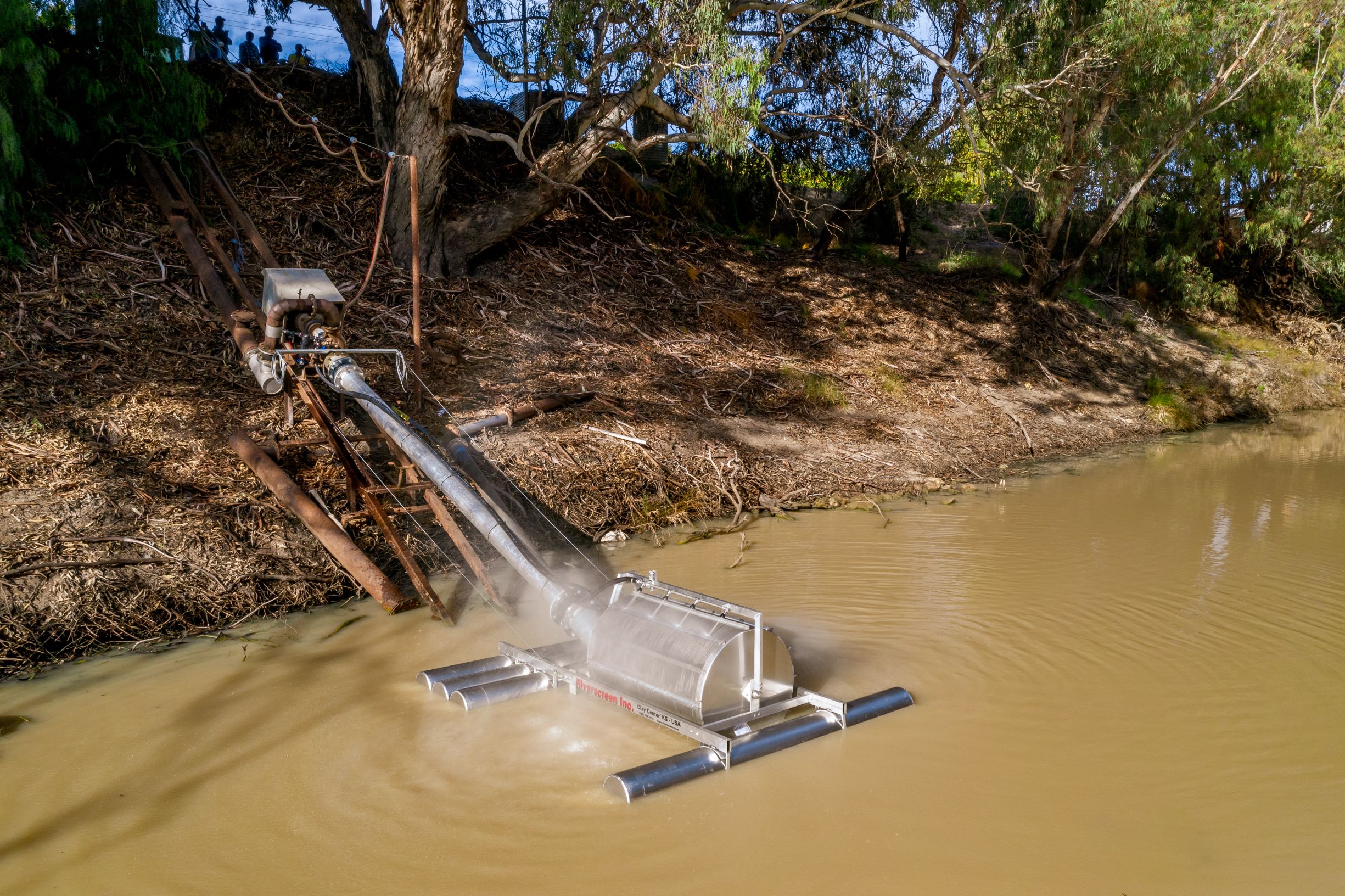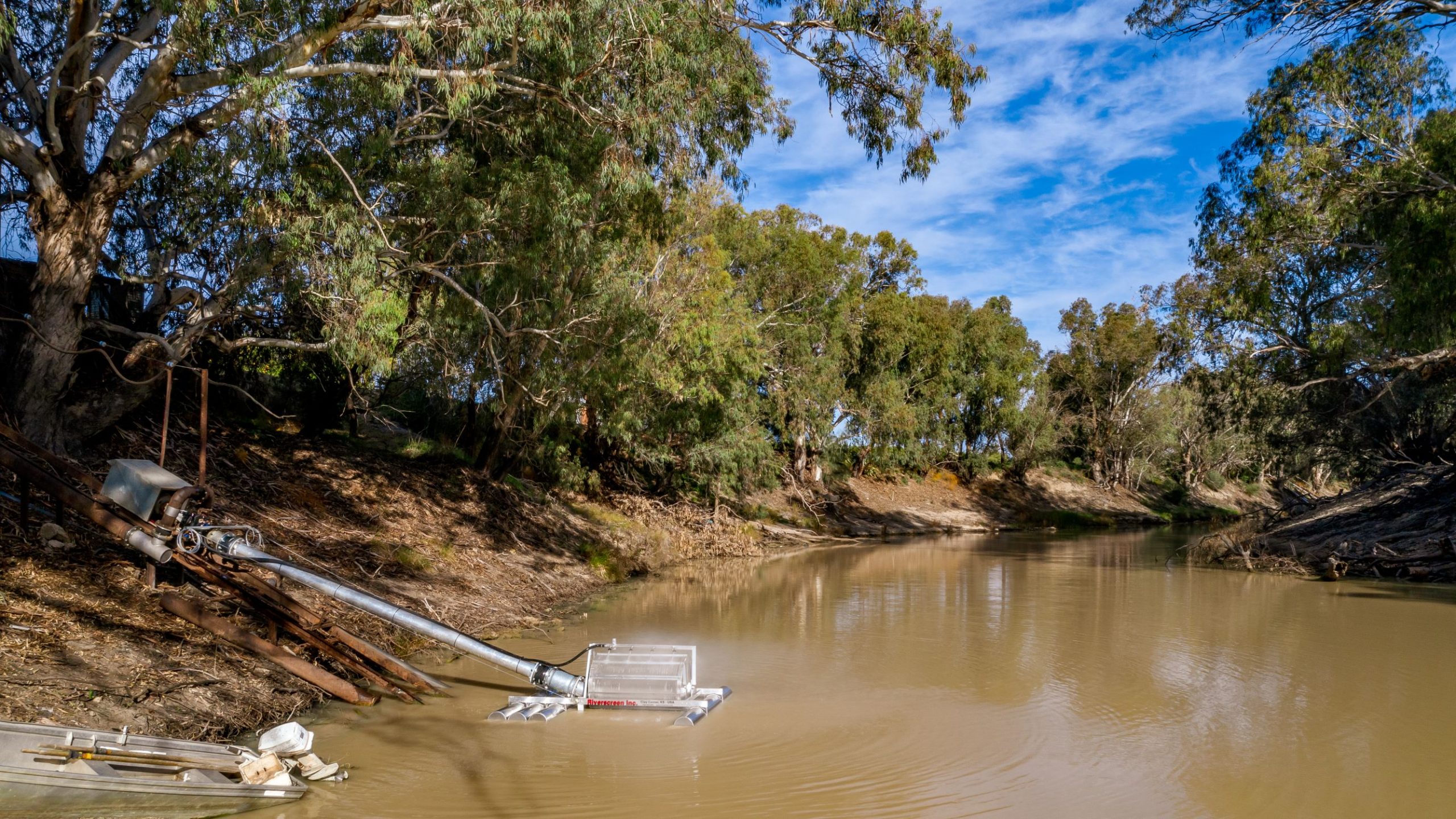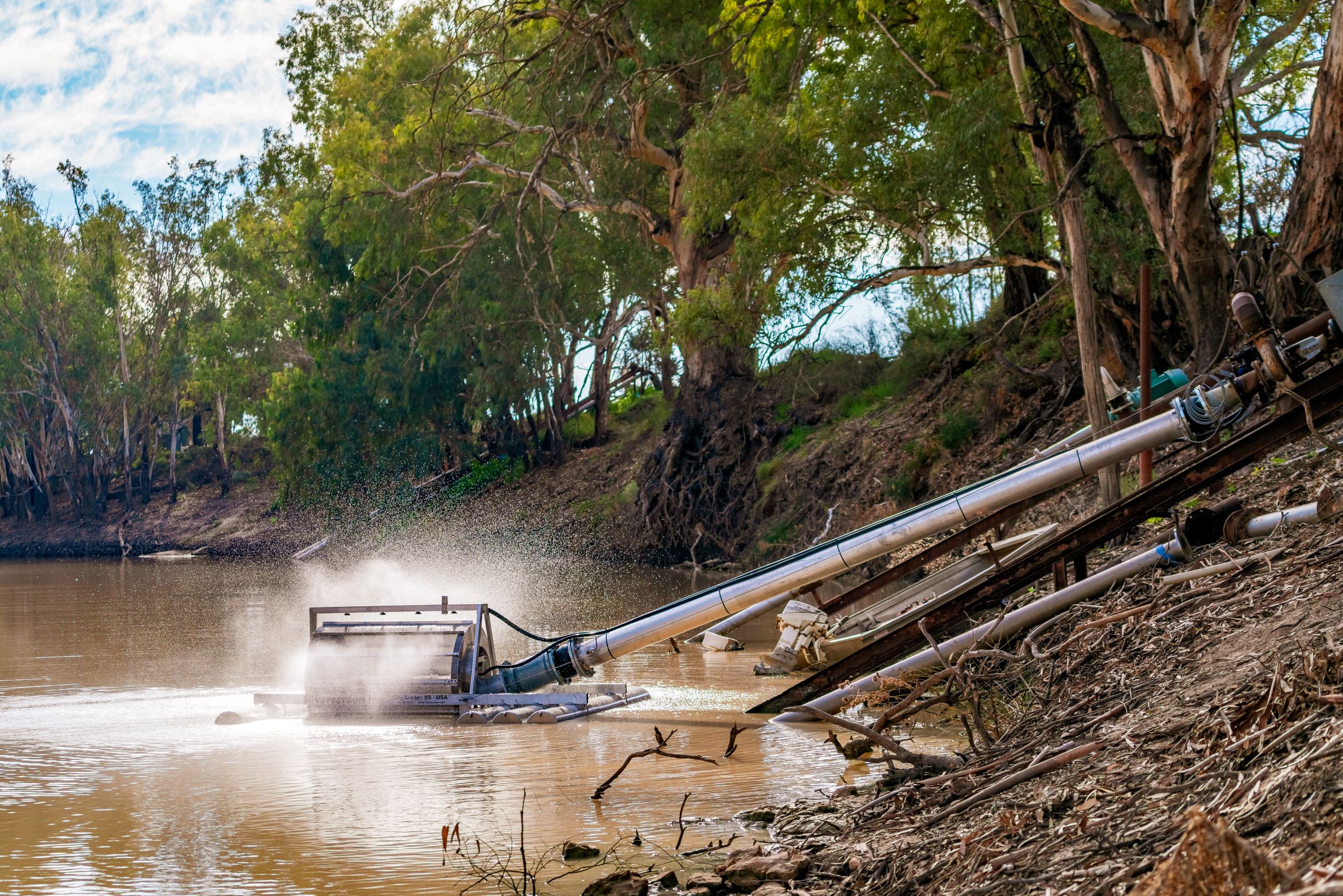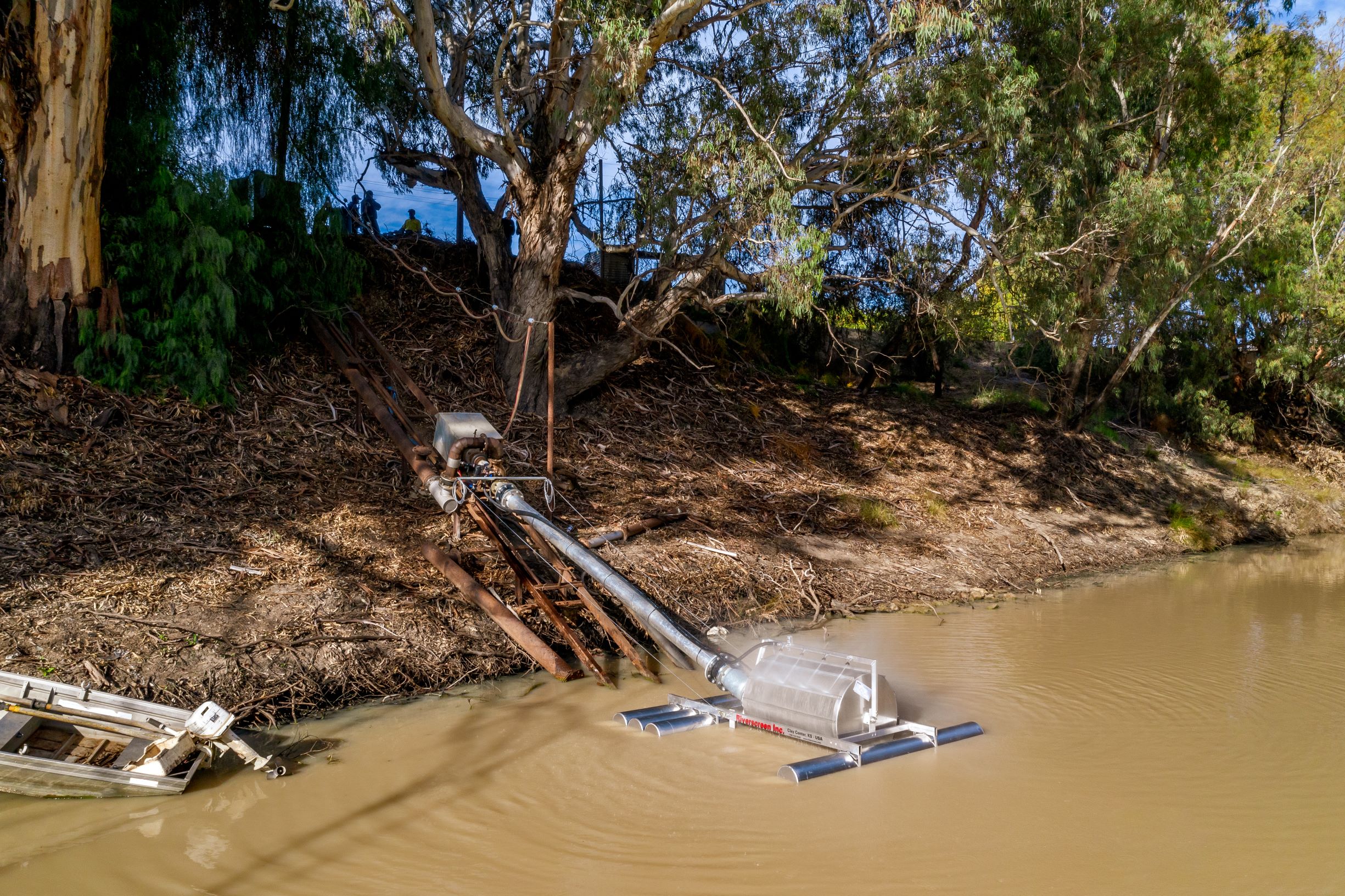Porker Citrus have been growing citrus at Ellerslie since 1982.
The family enterprise grow wine grapes, a variety of oranges, mandarins, and grapefruit, with a nursery to grow their own trees and develop new varieties to suit the market.
Throughout the years, Porker Citrus have welcomed innovative ways to improve business practices and efficiencies, such as investing in mechanical pruning equipment, replacing sprinklers with drip irrigation, and installing an automated irrigation system.
However, the convenience of using an automated system is diminished by having to regularly monitor water pressure and clean filters. A considerable amount of time is lost shutting down the pumps to clean severe blockages in the drip irrigation in-line filters. The blockages are mostly caused by small crustacea (river lice), as well as fish eggs and larvae.
A site visit to Porker Citrus to investigate pump specifications including flow rates, daily pumping capacity and blockage issues, confirmed that the floating, eight-inch Riverscreen with fine 60 Micron mesh would best meet the Porker’s needs and achieve desired outcomes.
PROJECT DETAILS
Installed:
June 2020
Screen Manufacturer:
Riverscreen
Project Partners:
Western Local Land service and Eagle i Machinery
Project Funding:
Catchment Action NSW
The issue
Porker Citrus have a licence to pump up to 350 megalitres of water through several pumps of various sizes to irrigate their 65 hectares of citrus and vines directly from the coffee-coloured, nutrient rich Darling River. Ellerslie Irrigation Settlement is within the Lock 10 weir pool of the Murray River, so even during the periods of low flow in the Darling system, water levels are maintained at Ellerslie. During these times, the water is mostly the clearer Murray River water as it backs up in the weir pool.
The pump selected to trial the fish-friendly screen irrigates citrus via drip irrigation and is serviced by in-line filters. Filter blockages result in reduced pressure, which leads to the need to shut down the pump and clean filters approximately every two hours.
Which screen will suit?
There are several options of fish-friendly diversion screens available in Australia to suit a vast range of site-specific requirements and variations. Some of the options available for both submerged or floating pump systems include AWMA Fish Exclusion Screens, Riverscreens, Johnson screens, Kleenscreens and Clemons Clearwater Suction Screens.
A site visit to Porker Citrus to investigate pump specifications including flow rates, daily pumping capacity and blockage issues, confirmed that the floating, eight-inch Riverscreen with fine 60 Micron mesh would best meet the Porker’s needs and achieve desired outcomes.
The pump is mounted on rails, allowing movement up and down the steep riverbanks. The screen is a primary filter and is mounted to the intake side of the pump with a foot valve, non-return valve and flexible connectors, which allows it to move with fluctuating water levels. The aluminium screen is relatively light, enabling it to move with the pump and eliminate the need for disconnection.
Improved efficiencies
Porker Citrus respect the land and, most importantly, the river, and acknowledge it is up to the farmers along the Darling River to move with the times and do their bit to look after it.
Historical use of sand filters has proven to be an effective, although expensive option, for good quality water delivery. However, sand filters can remove fish from the river system, resulting in fewer fish surviving or growing in our rivers.
The concept of a primary filter that cleans the water at the pump intake appealed to the Porkers who were keen to apply an option that is not only cheaper but more environmentally friendly. The screen allows only water to be taken, leaving everything else in the river where it belongs. For drip irrigation especially, the screen assists the Porkers to be more efficient and effective with their time and money, while also helping the environment.
